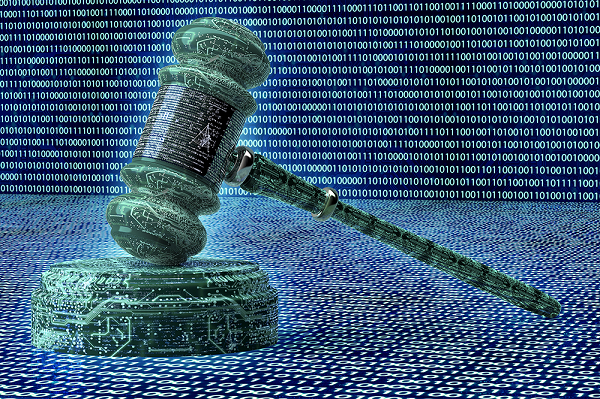A History of Legal Technology
Although we don’t usually link the words “legal” and “technology” very often, some major technological developments ever since the introduction of mechanical movable type printing in the 15th century by Johannes Gutenberg have influenced legal practice.
Basically, any kind of technology that has affected the way we are able to process or consume information has also given us the chance to make laws more easily available to the public and to changed the way legal research is done.
However, in the last few years, we have witnessed the development of new technologies that might spark even deeper changes in the way law is practised.
So, what we want to achieve here is make a brief count of many inventions that have changed legal practice.
Please, feel free to use this article as a source for any law assignment writing or you can alternatively get qualified help on it here: https://www.theunitutor.com/law-assignment-writing-service/.
But first, we want to make sure you know exactly what are we talking about.
Legal Technology
The modern definition of Legal Technology refers to using software and technology to help law firms with everyday activities like research, billing, documents storage, etc. More recently, it has been associated with the development of digital tools that give people the chance to reduce or eliminate the need to consult or hire a lawyer for some simple tasks.
Legal practice is seen as a traditional, risk-avert industry that usually has little to no incentives to cut its costs.
But in the last few years, legal practice for and within big companies has been forced to handle hundreds to thousands of patents and legal obligations, raising the level of competition among law firms to new highs.
This is what is pushing also legal technology to new grounds.
A Brief History of Legal Technology

1940’s
● A new field of scientific studies called “Jurimetrics” is developed, with the purpose of applying quantitive methods to legal practice.
1960’s
● Work on the first computers network (and internet predecessors) begin.
● The first commercial version of the modern fax is out.
1970’s
● Networked computer messaging evolves into an email.
● Microcomputers and word processing become a reality.
1980’s
● The rise of personal computers and the development of graphic interfaces and software make possible for legal teams to write and view documents for specific clients.
● Local Area Networks give institutions the chance to communicate and share information and documents.
1990’s
● .The internet explosion and the wide use of email (with attached files) make it even easier to share documents but also brought new challenges to the traditional way of doing research.
● Scanners arrive. This is a huge technological advance in terms of storage of documents and research for law firms.
2000’s
● Smart devices become popular and change not only the way lawyers do their work but also the way investigations are done (digital data can be used as evidence in many cases).
● Blockchain technology (Bitcoin) is born.
2010’s
● Automated document review becomes widely used.
● Smart contracts technology is implemented on top of blockchains.
● The first artificial intelligent lawyer.
What the future holds…
On Artificial Intelligence and the future of law:
It seems to me that right now there are two technologies that could potentially change the way we understand the legal practice.
I’m talking about Smart Contracts and Artificial Intelligence.
Smart Contracts could change the way we do business with each other, allowing us to “program” many terms even years in advance, taking off the table many trust issues and making things way easier for lawyers.
On the other hand, Artificial Intelligence is not a replacement for lawyers. At least, it won’t be for a while.
But it will give lawyers new research tools that are way more accurate than the human eye to identify relevant information for a case among tons of raw data.
Our ability as humans to change the world through technology, won’t leave legal practice behind.
For further insight, feel free to watch the following videos
How smart contracts will change the world:
